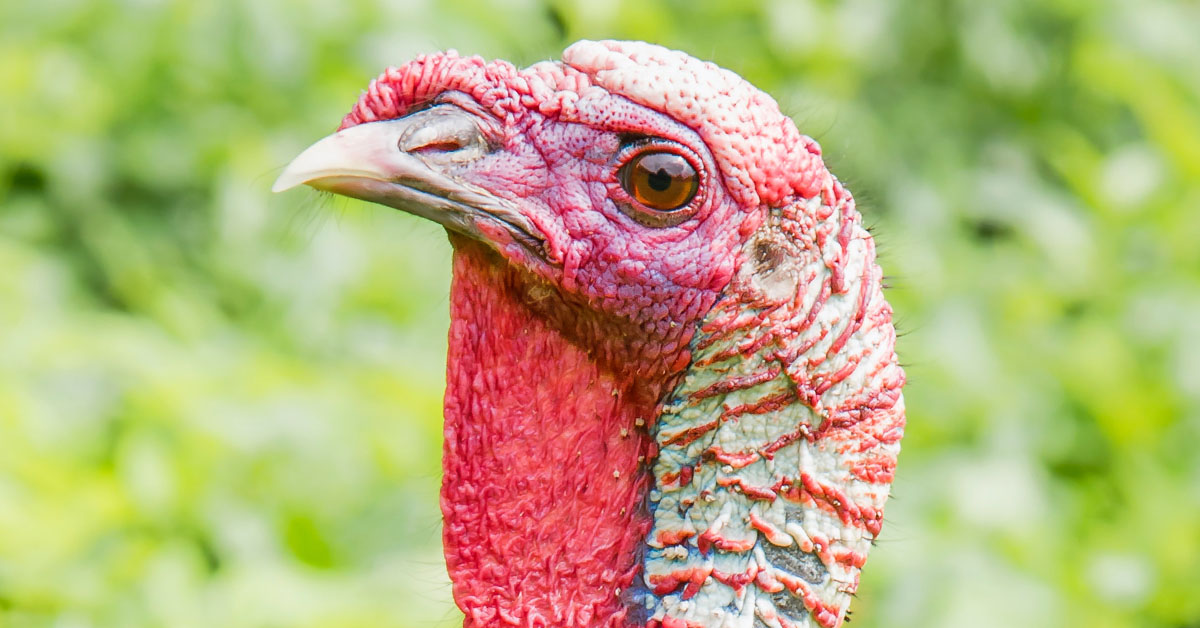Everything you know about Thanksgiving is wrong
Dozing off in front of the TV—typically tuned to a college football game—is as entrenched a Thanksgiving tradition as the meal itself. “That’s the tryptophan,” we say knowingly as Uncle Harold’s snores reach Sousaphone levels. “Happens every time.”
Tryptophan, an amino acid, is present in turkey, but no more so than in many other foods. And while it does raise melatonin levels in the brain, you’d need to ingest a trunkload of the stuff to feel sleepy. “It’s not that you’re eating a lot of tryptophan,” says Don Young, a chemistry professor at the College of William and Mary. “It’s more that you’re eating a lot of food, and specifically carbohydrates.” That causes first a spike in your blood glucose and then a compensatory crash, leading to post-prandial food coma. Tryptophan is not the culprit.
The tryptophan libel is just one of many myths and misconceptions that Americans have attached to our most beloved holiday. Here are four others:
Turkey was the main course at the first Thanksgiving in 1621. Turkey may or may not have been on the menu, but it certainly wasn’t the plat du jour (nor was the occasion called Thanksgiving. That didn’t happen until the 19th century.) More likely the feastgoers dined on venison, goose, duck, eel, shellfish, passenger pigeons, swan and tons of veggies. No one saved room for pie.
Turkeys are stupid. They walk funny, lack speech and have a propensity for staring up at the sky even when it’s pouring. So they must be the most clueless creatures on the planet, right? Wrong, says Four Paws, a global animal welfare organization. “Turkeys are highly intelligent animals who, just like the dogs and cats in our homes, are playful individuals with unique personalities.” What’s more, turkeys have better hearing, eyesight and color vision than humans, and while they can’t fly high or very long, they can reach 55 miles per hour in short bursts.
Benjamin Franklin lobbied to make the turkey, not the bald eagle, the national bird. Not really. To be sure, Franklin had famously strong opinions about birds. In a letter to his daughter, he disparaged the bald eagle as “a Bird of bad moral Character [who] does not get his Living honestly.” The turkey, in contrast, “is a much more respectable Bird … He is besides, though a little vain & silly, a Bird of Courage.” But Franklin never proposed enshrining the turkey on our currency and the Great Seal of the United States. In fact, he happily electrocuted several in his experiments with electricity.
Every Hollywood movie that takes place on Thanksgiving must involve a dysfunctional family, a kitchen catastrophe or the shocking revelation of a family secret. Not true. Just most of them.




